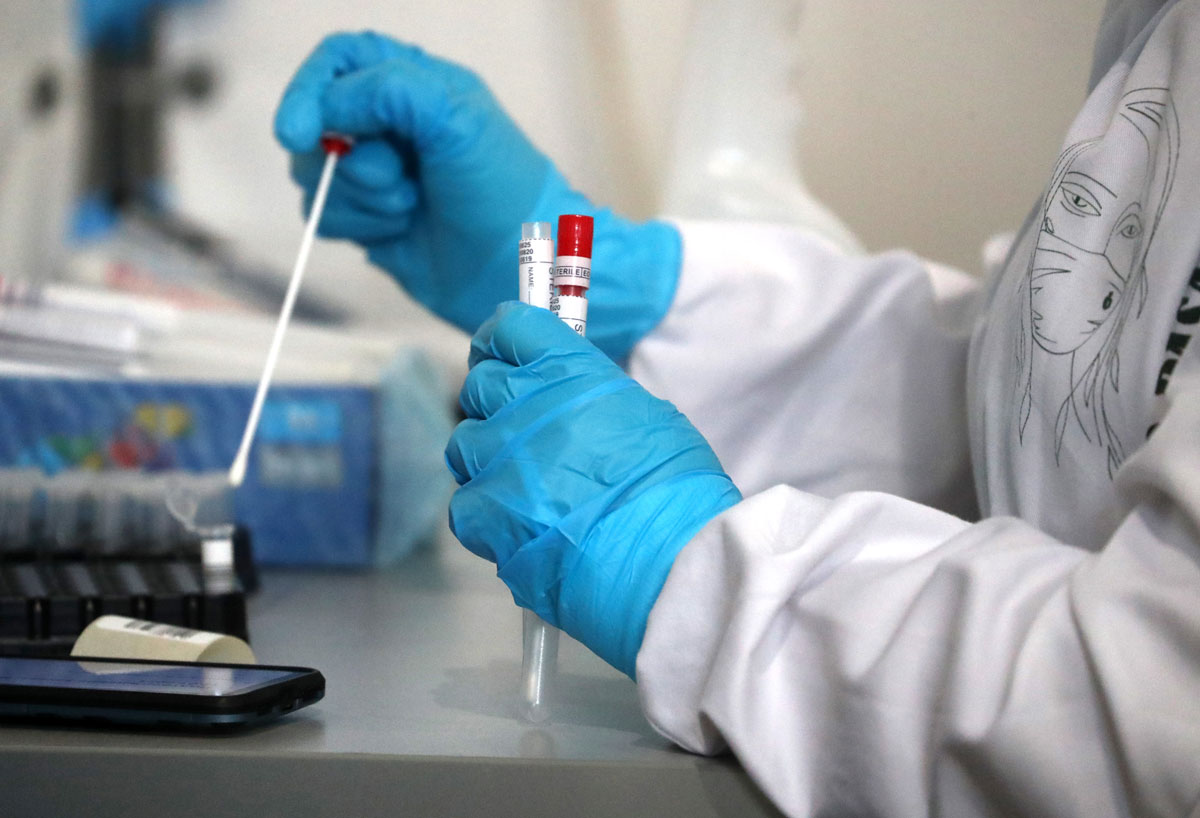
The World Health Organization has said that the Covid-19 strain in the UK has been detected in at least 60 countries
At least four new types of coronavirus are keeping scientists awake at night.
One, first identified in southeast England, has now appeared in at least 50 countries and appears to be spreading more efficiently than ancient types of the virus. Its emergence raised fears of political leaders who closed borders and imposed travel restrictions in attempts to limit their spread.
Others, identified in South Africa and Brazil, have not traveled widely but exhibited a range of mutations that attracted the attention of geneticists.
B 1.1.1.7: At the top of the list of researchers in the US is the B.1.1.7 variant, which was first seen in Britain. U.S. Centers for Disease Control and Prevention He warned last week that it could worsen the spread Pandemic.
While there is no such thing as a “new, mutated virus” to attract attention, scientists even now say they are reassured of what they find: The human immune system can handle the variants that have emerged so far.
B 1.351: A variant first seen in South Africa called B.1.351 or 501Y.V2, has a different pattern of mutation that causes more physical changes to spike protein structure than B.1.1.7. One important mutation, called E484K, appears to affect the receptor binding domain – the part of the spike protein most important for binding to cells.
Pp. 1 and 2: Two different types of anxiety first appeared in Brazil. One was found, called P.1. In 42% of the samples in a survey conducted in the Brazilian city of Manaus, Japanese officials found an alternative in four travelers from Brazil. Page 2, which was also first seen in Brazil, caused a flurry of anxiety when it appeared in Britain last week in 11 people.
L425R: Finally, there is a new variant seen in California called the L425R, and while it is commonly found, it is not yet clear if it is more transmissible.
Read more about the variants:

“Totale ninja voor sociale media. Introvert. Maker. Tv-fan. Bekroonde ondernemer. Webnerd. Gecertificeerde lezer.”
